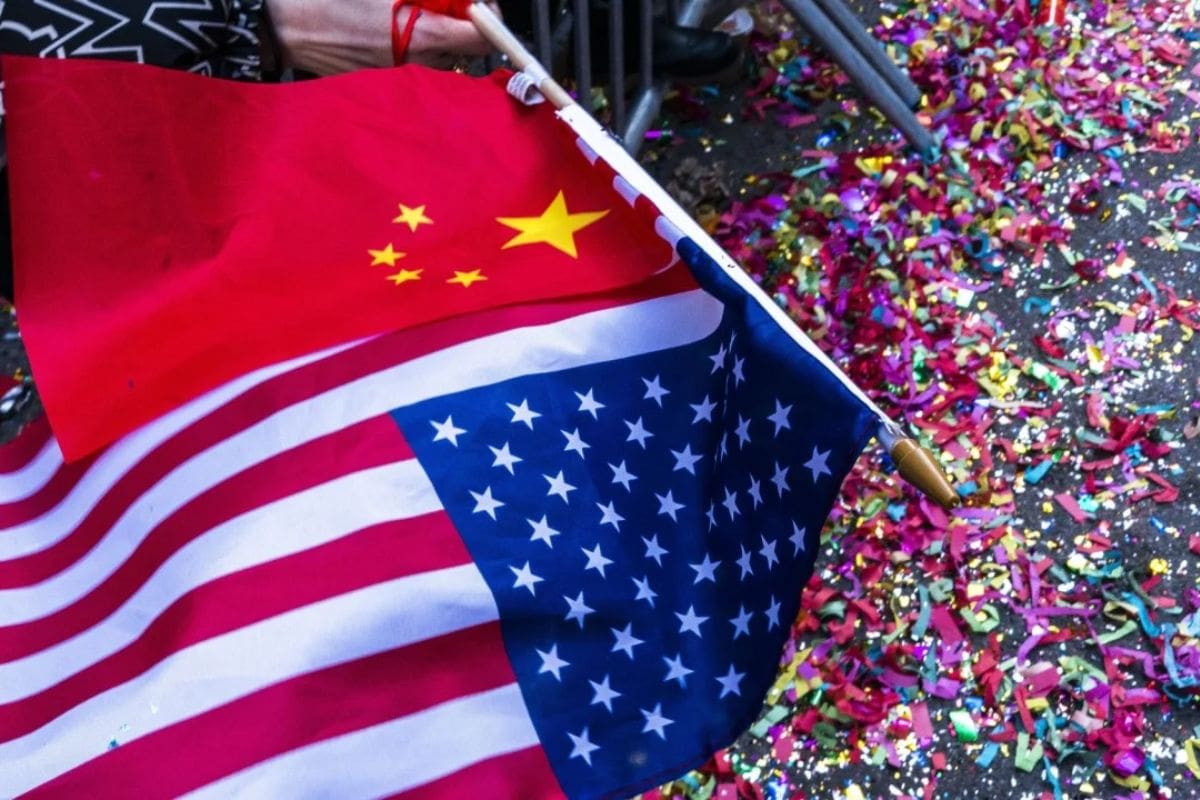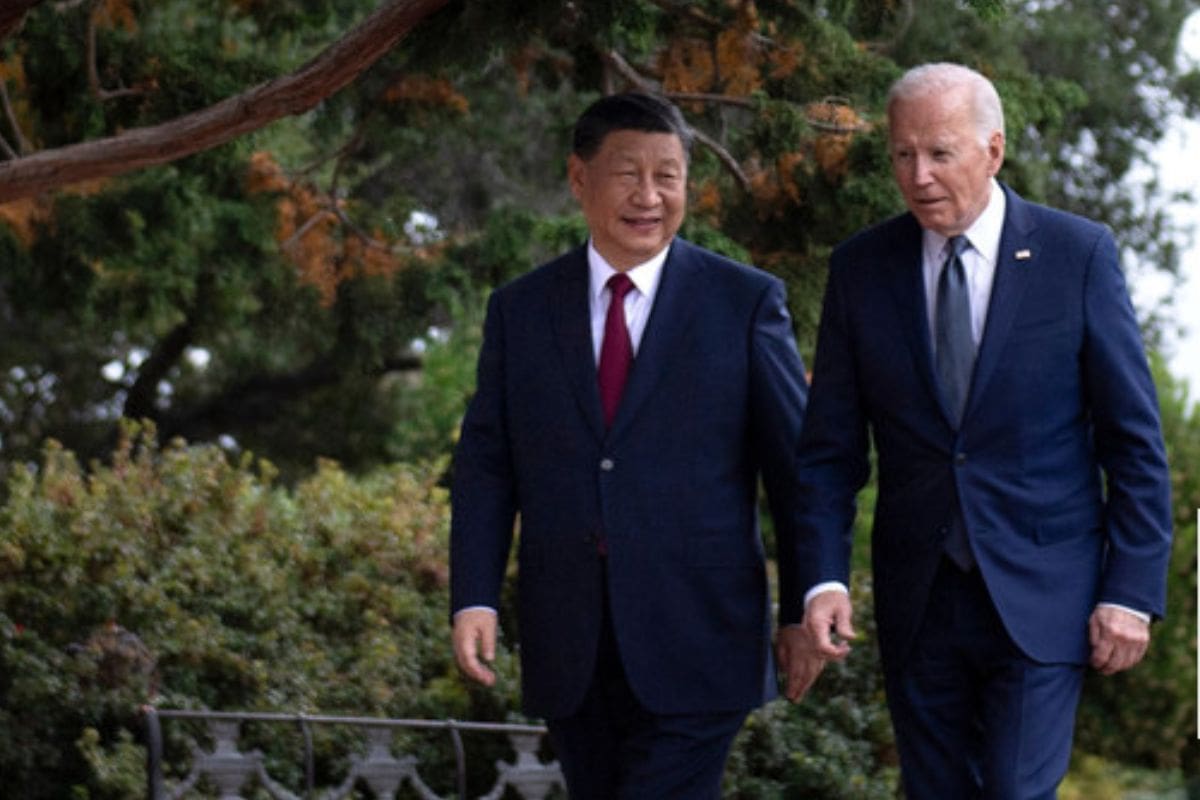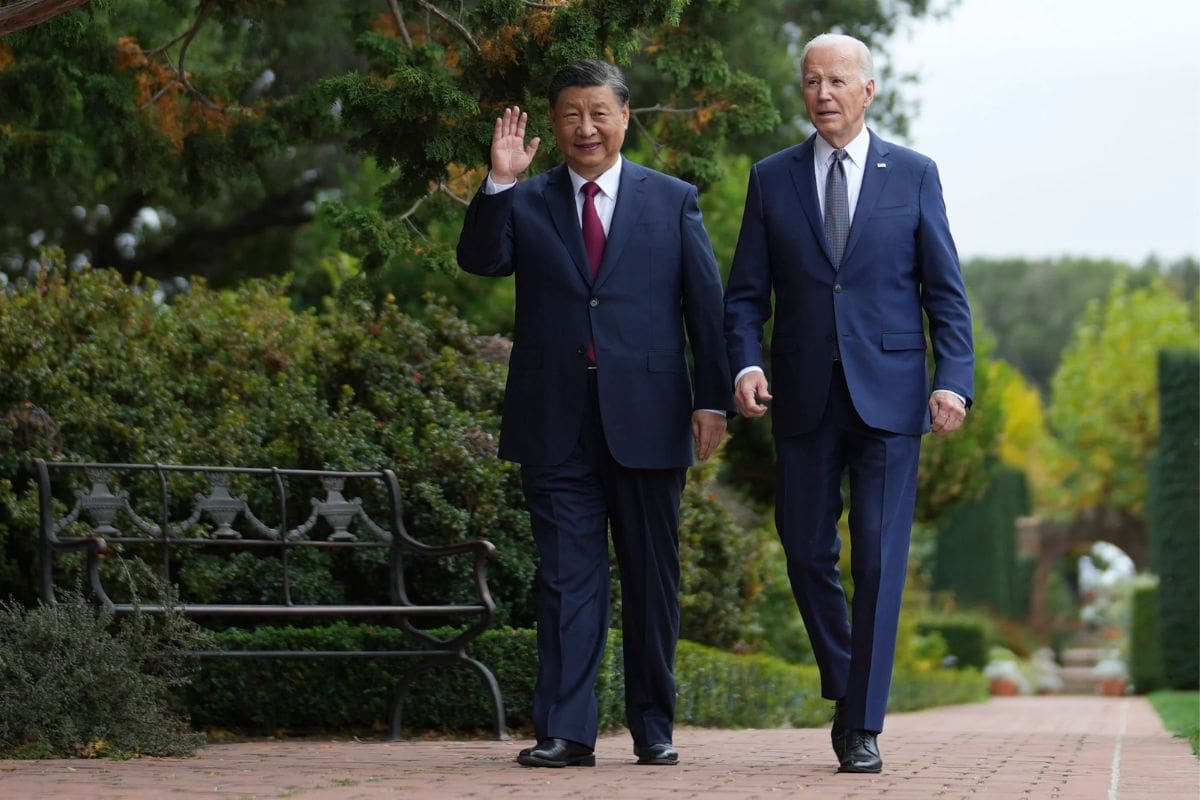Beijing Hinders Efforts to Boost: Recent revelations by US officials have shed light on Beijing’s covert tactics to obstruct academic exchanges, raising alarms within the diplomatic community. The stifling of such exchanges, crucial for fostering mutual understanding and cooperation, underscores a deeper challenge in US-China relations.
As tensions between the two countries persist, the implications of Beijing’s actions on the global academic landscape remain a point of contention. In navigating these complexities, a closer examination of the intricate web of restrictions imposed by China may reveal a more calculated strategy at play, prompting a reevaluation of the dynamics governing academic engagements.
Beijing’s Hindrance of People-Level Exchanges: US State Department Concerns
The obstruction of people-level exchanges by Beijing, as expressed by senior US State Department officials, raises significant concerns regarding the harassment faced by Chinese citizens participating in US-led academic programs.
The Ministry of State Security’s aggressive stance, labeling academic exchanges as foreign espionage activities, has instilled fear in Chinese academics, leading to the cancellation of their participation in US exchange programs.
This stifling of academic exchanges not only impedes the free flow of ideas and knowledge but also undermines the foundational principles of academic collaboration and cultural exchange.
Impact of China’s Foreign NGO Law on People-to-People Exchanges
China’s foreign NGO law, implemented since 2017, has significantly hampered the willingness of individuals to engage in people-to-people exchanges with US partners, as highlighted by US officials concerned about the law’s impact on collaborative efforts. The stringent regulations imposed by this law subject foreign NGOs to intense government scrutiny, leading to a reduction in their ability to freely collaborate with their US counterparts. This has created a chilling effect on people-to-people exchanges, as individuals are now more cautious about participating in such initiatives due to the increased bureaucratic hurdles and potential legal risks associated with the law.
Moreover, the restrictions imposed by the foreign NGO law have not only hindered the ability of organizations to engage in collaborative projects but have also dampened the spirit of cultural and educational exchanges between China and the US. The fear of repercussions for non-compliance with the law has led to a decline in the number of individuals willing to partake in these exchanges, ultimately impeding the cross-cultural dialogue and mutual understanding that such initiatives aim to foster.

US-China Emphasis on People-to-People Exchange Despite Challenges
Despite the obstacles faced, both the United States and China underscore the significance of fostering people-to-people exchanges. Chinese President Xi Jinping and US President Joe Biden have recognized the importance of expanding various exchanges, as evidenced during the recent Apec conference. This emphasis highlights a mutual desire to enhance cultural understanding, academic collaboration, and interpersonal relationships.
However, the current landscape is not without challenges. Border issues, such as the reported harassment and deportation concerns for Chinese students in the US, have created tensions that impede the smooth flow of people-to-people exchanges between the two nations. These challenges underscore the need for transparent communication, mutual respect, and effective problem-solving mechanisms to address such issues and ensure the continuation of fruitful exchanges.
Despite these challenges, the commitment to promoting people-to-people exchanges remains strong on both sides. By navigating the existing obstacles with diplomacy and cooperation, the US and China can continue to benefit from the enriching experiences and valuable insights that such exchanges offer.
State Department’s Focus on Addressing Imbalances in People-Level Exchange
Amidst the existing challenges in fostering people-to-people exchanges between the United States and China, the State Department officials are actively focusing on addressing imbalances in people-level exchange, particularly concerning US citizens in China facing detentions and deportations for activities critical of the Chinese government.
The State Department underscores the persistent hurdles faced by American citizens in China, emphasizing detentions and deportations as consequences for engaging in activities deemed critical by the Chinese government. Despite these challenges and the presence of security-related travel advisories for mainland China, the department remains committed to reducing the disparities in people-to-people exchange.


ALSO READ: Controversial Bill Sparks Opposition California English Learner Advocates Fight ‘Science of Reading’
News in Brief
US officials reveal Beijing’s covert hindrance of academic exchanges, sparking diplomatic concerns. China’s labeling of exchanges as espionage activities and stringent NGO laws deter Chinese citizens from US programs. Despite tensions, both nations emphasize people-to-people ties. However, challenges persist, including reported harassment of Chinese students in the US. The State Department aims to address imbalances, noting persistent hurdles for Americans in China. Amidst these complexities, the commitment to fostering cultural understanding remains vital for US-China relations.

